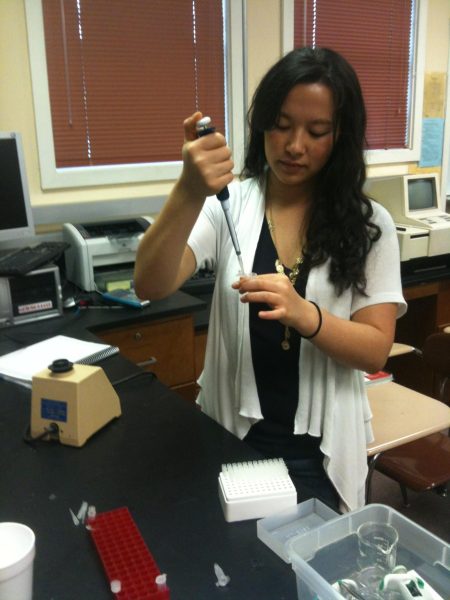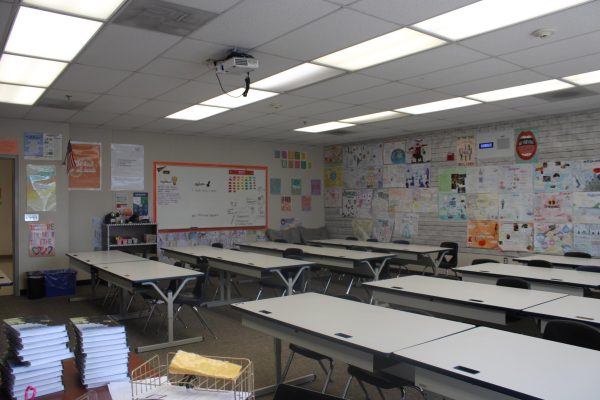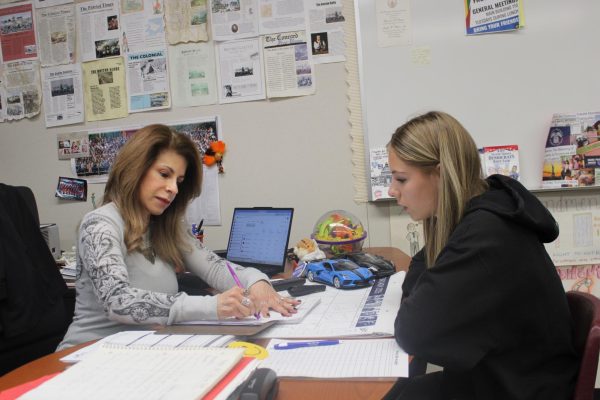AP Comparative Gov should be offered
AP Comparative Govern- ment (APCG) is a fascinating class that we need at Cal High.
The class consists of learningabout the political systems of sixdifferent countries – the Unit- ed Kingdom, Russia, China,Mexico, Iran, and Nigeria – andcomparing them, as the name of the class implies.
APCG divides each country’spolitical system into ve parts:sovereignty, authority, and power; political and economic
change; citizens, society, and the state; political institutions; and public policy and current issues.
The course also teaches ba- sic political concepts in order for students to have a basis of comparison.
Even if you don’t dream of being a diplomat, ambassador, or political scientist like I do sometimes, this is still an inter- esting and useful class.
Learning about the govern- ments and political organization of various countries makes one more understanding and knowledgeable about the world around them.
It would be bene cial to usall if, after reading headlinesabout a vote of no con dencein the House of Commons or
about Russian involvement in eastern Ukraine, we could un- derstand the institutions, events, and politics that led such events to occur.
We can also draw lessonsfrom the political systems of other countries in order to make ours stronger.
For example, both China andNigeria have a political culture where forms of patron-clien-telism in uence the government- which is when political elitesgive followers certain bene ts (money, food, jobs) in exchangefor support.
As a result, both countries have high levels of corruption.And, even though Mexicois moving away from a pa- tron-clientelist political culture, its legacy manifests itself inMexico’s government corrup- tion. The lesson? Stay clear of patron-clientelism.
Some might argue that AP US Government is enough political science for our school, and that we can’t add “esoteric” and “niche” classes that nobody wants to take.
Some people might argue that AP US Government is more relevant to American students, and that learning about foreign political systems is irrelevant.
More importantly, adding APCG to the curriculum would cost the district more money to fund the class.
But I would like to direct the attention of these people to the other three high schools in our district, which offer both AP US Government and APCG.
If all of those high schools offer both classes, why doesn’t Cal? I know for a fact that there are certainly enough interested Cal students that would take the class.
Those of us who nd theworld’s fabulous variety of political systems interesting will have to settle for self-studying and lamenting about the lack of this wonderful course at Cal.
Fresh(man) Voices is a monthly column featuring different freshmen writers. Freshmen can submit columns to californianpaper@gmail. com or [email protected].

Senior Nicholas Harvey is the Editor-in-Chief for The Californian. Writing for the paper since freshman year, Nicholas is especially interested in the...





